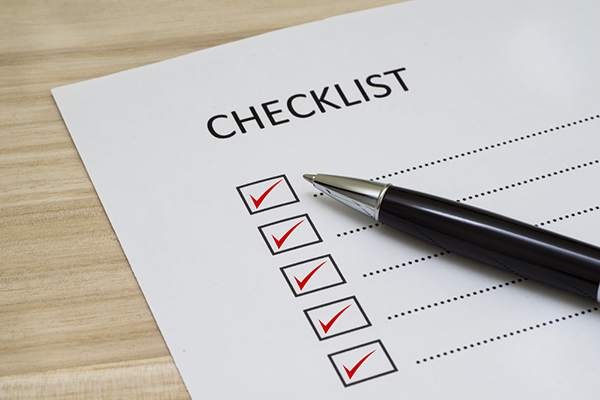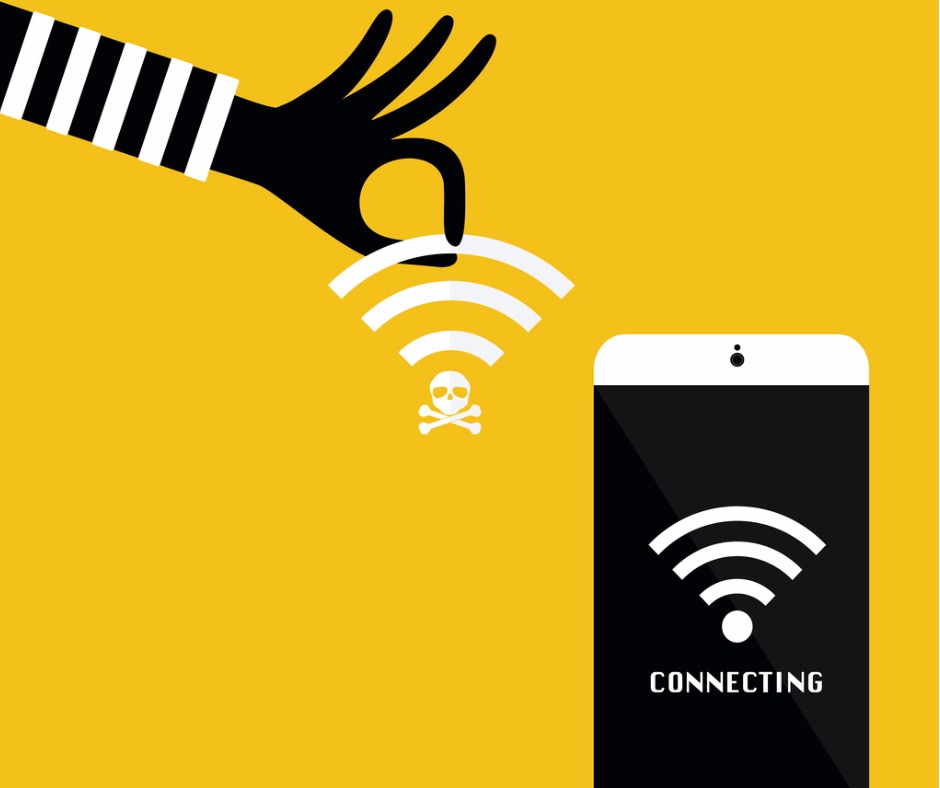
Freeware is software that is available for anyone to download free of charge. One day you’re minding your own business, sipping from your delicious iced coffee while scanning the Internet when all of a sudden you’re looking at a pop-up urgently telling you to download free software to prevent a virus attack on your computer. Instant buzz kill! Now you’re gripped by anxiety and you’ve got no idea if this is a real issue. If you work for a business that has an IT company supporting your enterprise, then you are fortunate. But for everyone else - you may wonder -is this is a serious warning, a marketing hoax or is this something truly bad like a virus or malware in disguise?
For those of you who don’t know, malware is simply software that is intended to damage or disable computers and computer systems. And this is why you have to be extremely careful when downloading any free software!
Free software on the Internet can be convenient and helpful at times, yet totally unreliable and damaging others. So is there any way to ensure that the software you're downloading is safe?Here are some helpful tactics to help make sure your computer isn't a playground for cyber thugs.
First, you'll want to know what kind of software you're dealing with.
Freeware is software that's entirely unrestricted for copying and downloading (but you wouldn't have access to the code, unlike open-source freeware). Freeware can often be offered by large commercial companies like Microsoft, where you can download their freeware for malware protection directly from their website. Very small companies and even some individual programmers also produce completely reliable and helpful free ware. For instance 'ClipGrab' is a terrific mp3 and video converter that won't cost a thing and has been downloaded and used successfully by thousands.
Shareware is actually owned and maintained by a company or individual and usually requires payment after a trial period. (There are also updates and plug-ins, required by something like Adobe when software is updated.)
There are a lot of different software possibilities, and not all of them can easily be identified as safe.
Follow These Steps for Freeware Safety!
You have to make sure that the websites you are visiting are real.
Microsoft.com as opposed to Micrasoft.com (Eerily subtle and that is why it is so scary!)
Knowing if you’re safe from cyber criminals, malware and viruses is going to take something called “intuition.” If you’re not downloading freeware off of a huge company like Microsoft – than do your research. There are reputable websites and companies that have already done the research for you, listing the top freeware and malware sources. You can easily Google the name of the freeware or shareware to see what experiences others have had.
Before you set about downloading a free program, do yourself a favor and make sure you have backups of your hard drive or important documents -- a good practice in general.
So, to answer the question, is downloading free software safe? Well, the truth is, it can be. But times have changed, you can forget about the days when you’d blindly click on and accept adding new programs to your computer. A little research and a lot of caution will keep your computer safe in the end.
Good luck and stay safe!



